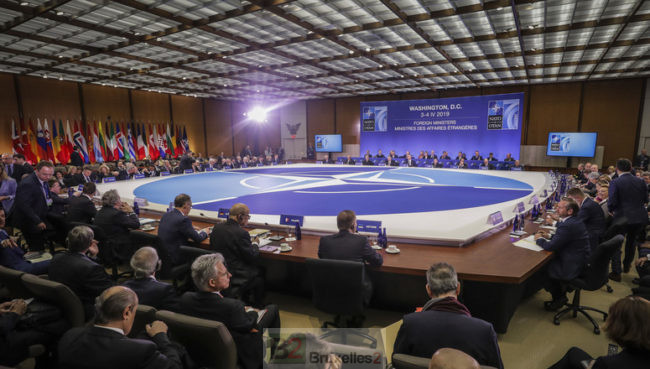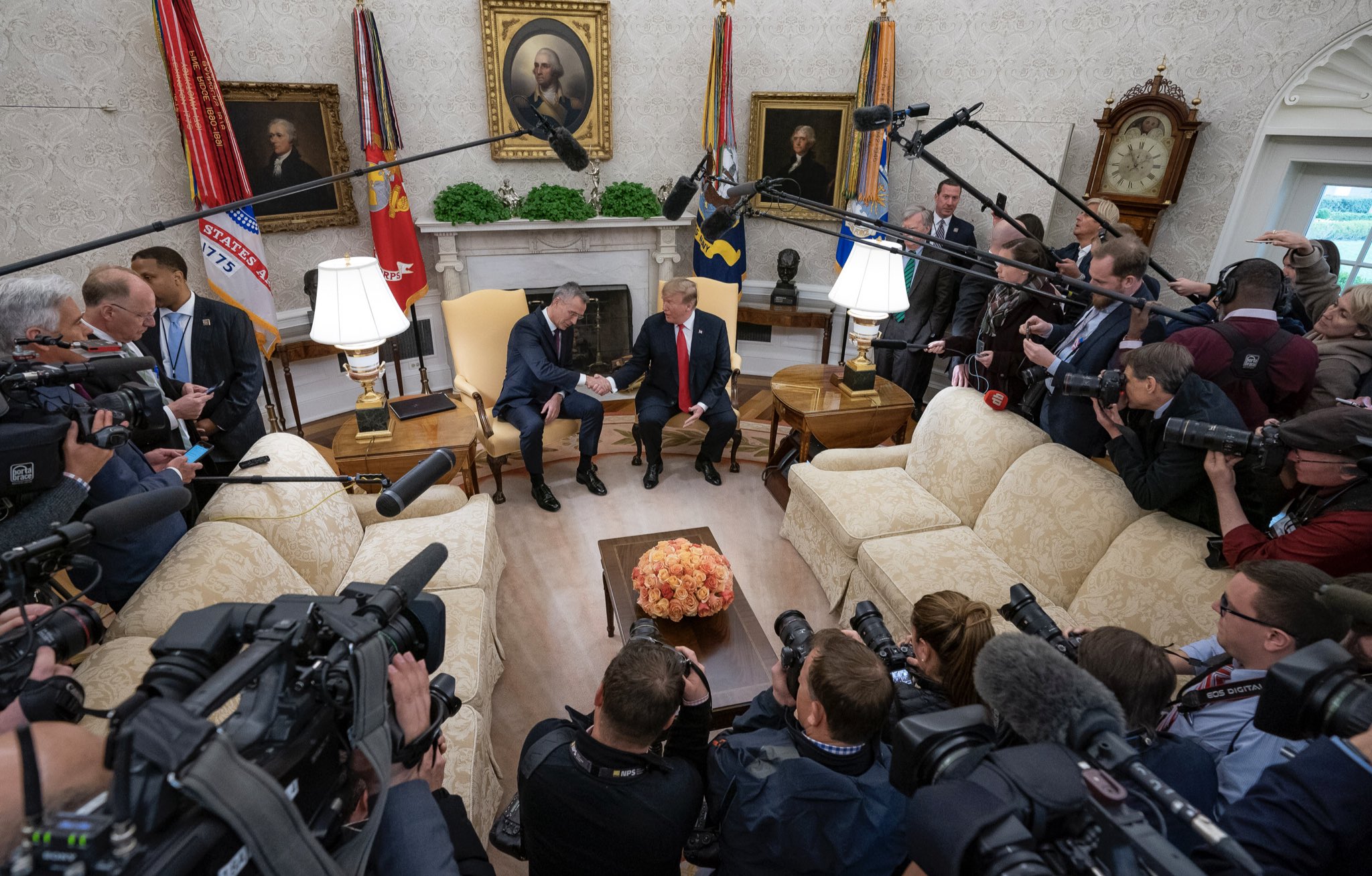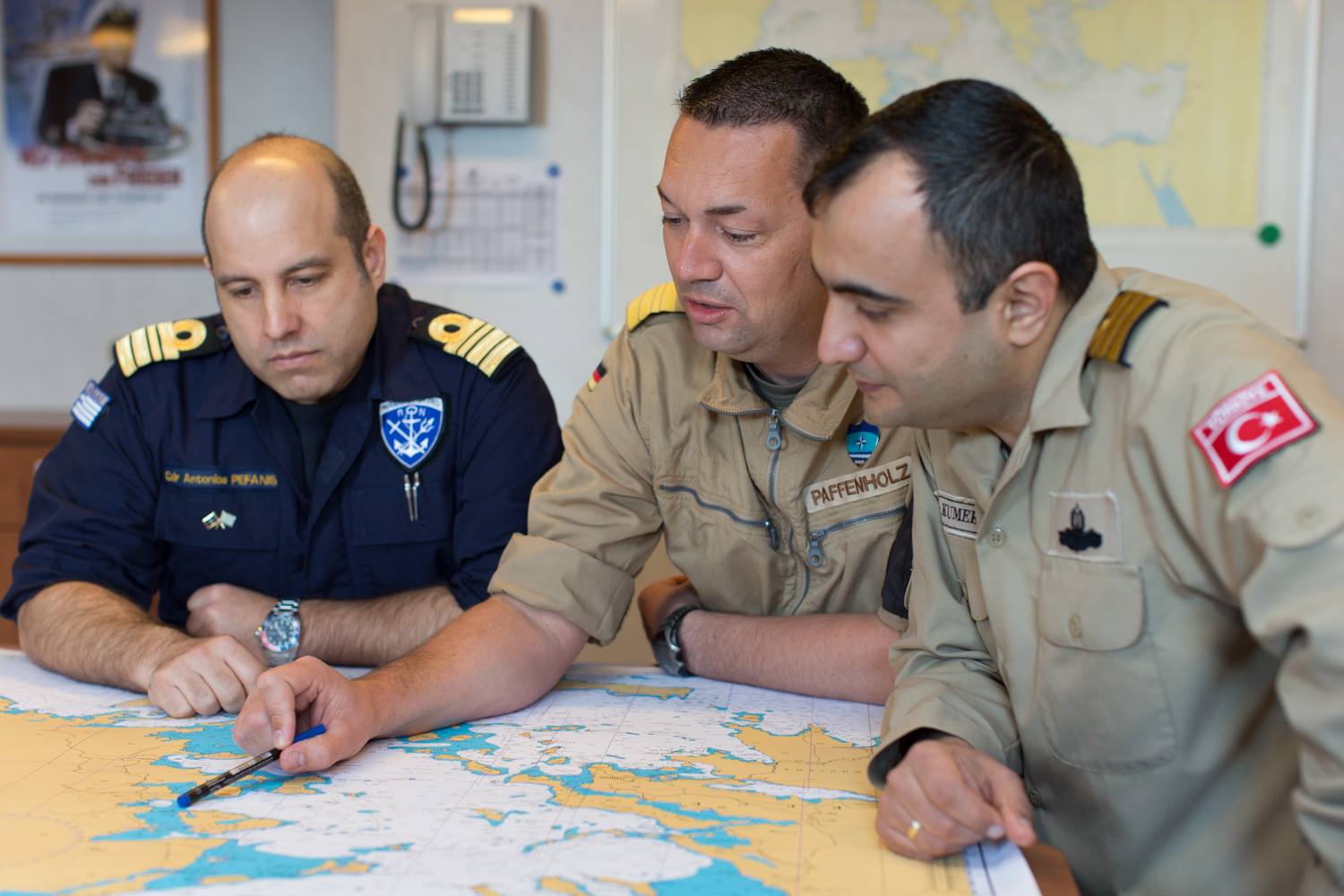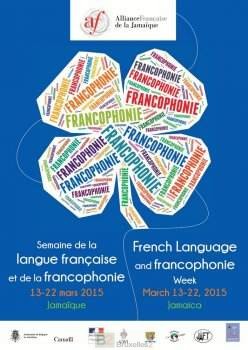After 70 years, what future for NATO?
(B2) Lecturer at the University of Liège and senior fellow toRoyal Higher Institute for Defense, André Dumoulin always has an interesting thought on the fate of defense institutions. His analysis on the 70th anniversary of the Organization of the Atlantic Alliance celebrated with great fanfare this week is to be read...

Its purpose: an alliance of defense and collective solidarity
Can we say, as ten years ago, that NATO is still looking for itself, which has already experienced significant strategic adjustments following the end of the Cold War and then the disruptive event that was the terrorism of September 11? 2001 and France's return to integrated command? In any case, it has remained what the Member States have always wanted it to be first: an alliance of defense and collective solidarity in the event of aggression.
A standardization tool
But life insurance does not prevent this bureaucratic and comitological organization from building (with the help and other suggestions of certain capitals) new concepts. It can thus introduce a doctrine of engagement, a revised reading of the risks and threats in the face of asymmetrical conflicts, hybrid wars and cyber issues, such as arguments in the field of capabilities or out-of-area missions. NATO thus remains a standardization tool (Stanags, certification), but also doctrinal and procedural1, a reservoir of forces, a facilitator of coalitions, a reassurance alliance, a framework for enlargement.
A flirtation with civilian and civil-military skills
Everything has also become more complex, however. NATO is flirting today with the civil and civil-military competences of the European Union and its Security and Defense Policy, its global strategy. It did not equate Ukraine and Georgia with the risk of a "bridge too far" in the face of a somewhat "recovered" Russia in the face of the eastward advance of the "Westerners", but it has already undertaken political-military cooperation in response to the Donbass war and the annexation of Crimea. It has not yet been able to automatically overcome the political and cultural differences between Member States around the use of force and today greatly questions the policy of the Trump administration which destabilizes Europeans with regard to the future of the transatlantic organization which is celebrating its 70th anniversary next April.
The key word in cost and risk sharing
If the Europeans have always "wanted NATO" to maintain ties with the Americans (dissuasive coupling), the final watchwords remain the questions of "cost and burden sharing" and "risk sharing": in in other words “the doctrine of responsibility” of Europeans already desired by Obama. Despite the renewed declarations and the 74 areas of cooperation implying complementarity3 between NATO and the EU, the tensions are palpable and the “comparative games” between producer and consumer states of security are still very much present. Raphaël Cottain even imagined what could be possible sanctions against "free riders": restrictions in positions within NATO, expulsion from the Alliance, exclusion from the decision-making process,...
Questions asked about the future of NATO
Does NATO navigate seen in dependence on events and by reactivity? Does it play in prevention and proactivity? We see how the answers can only be attached to specific scenarios and situations each time. Can we consider that the tensions with Russia in this "cold peace" - not to be confused with the cold war before 1989 - created a dynamic of a new definition of an "enemy" (at worst) or a challenge (at best)? How to analyze American policy on the future of nuclear power in Europe and the anti-missile dimension?
Is the American withdrawal only an appearance
How to assess the critical political discourse vis-à-vis the Europeans and the idea of a possible “American withdrawal” on the one hand, and the concrete reassurance policy undertaken by the Americans on the other. With forceful military maneuvers in the East, protection of transatlantic lines of communication, nuclear gesticulation, support for logistics and military mobility without forgetting the awakening of the major advanced depots of theU.S. Army in certain European member countries (including Belgium) and the new culture of operational responsiveness? (also read: NATO invests in Poland… in support of the Americans). Can we see a contradiction there? Or is it just an appearance, knowing that American policy (geoeconomics) also sees Europe as a defense equipment market to be conquered and monitored? 4
The low US budget devoted to the defense of Europe
Who can say that transatlantic solidarity has completely disappeared? Admittedly, we can see the “reduced” part of the US defense budget intended for the defense of Europe (only $30,7 billion are allocated to it out of the $602 billion of the US budget)5 while the Europeans combined today spend more than the Russians and as much as China, but with many duplications and wastes. But we are not yet at a strong European pillar in a largely “de-Americanized” NATO! Or to an allied integrated command in Europe in European hands!
American erasure within the Alliance: unlikely
Obviously, despite theAmerica first domestically, the fatigue of the Alliances and the more assertive claims on the sharing of costs, the commercial and economic interests of the United States in Europe are such that it is difficult to see the American effacement within the Alliance, a formidable tool of affecting. Moreover, despite the "Trumpist unpredictability", the House of Representatives (Democrats) approved (357 yes and 2 no) a law reaffirming that the policy of the United States must be to remain a member of NATO, while prohibiting the use of funds to leave the Alliance. A famous lock!
(Andre Dumoulin)
1 The pUS doctrinal production (Tradoc, Net Assessment, Rand Corp) directly influences NATO's ability to think and the dominant language (Hélène Clément-Pitio).
2 Currently, the vast majority of NATO's 29 members are also members of the European Union (NB: Albania and Croatia in 2009 and Montenegro (2017) became members of the Atlantic Alliance) but six are without “double hats”: United States, Canada, Iceland, Turkey, Norway, Albania. Macedonia will become the 30rd NATO member from here December 2019.
NB: currently 22 of the 28 Member States of the Union are members of NATO (except Austria, Cyprus, Finland, Ireland, Malta and Sweden).
3 “The European Union prevents our farmers and companies from doing business in Europe (trade deficit of 151 billion US dollars). And then they want us to happily defend them through NATO and pay nicely for it. It does not work ! (Donald Trump, Brussels, July 10, 2018).
4 IISS data 7/2018.
Long version of an article published in short version in the daily 'Le Soir'. Editorial title and headings


